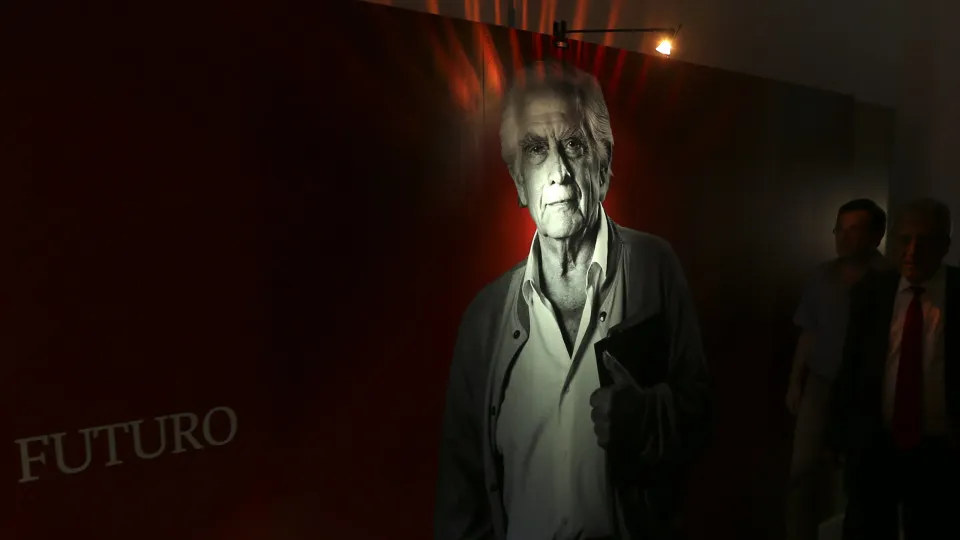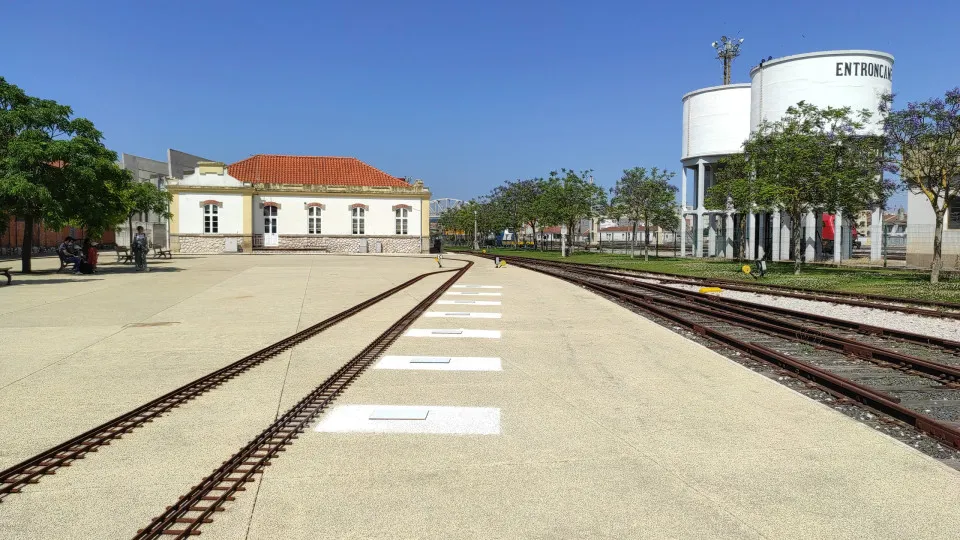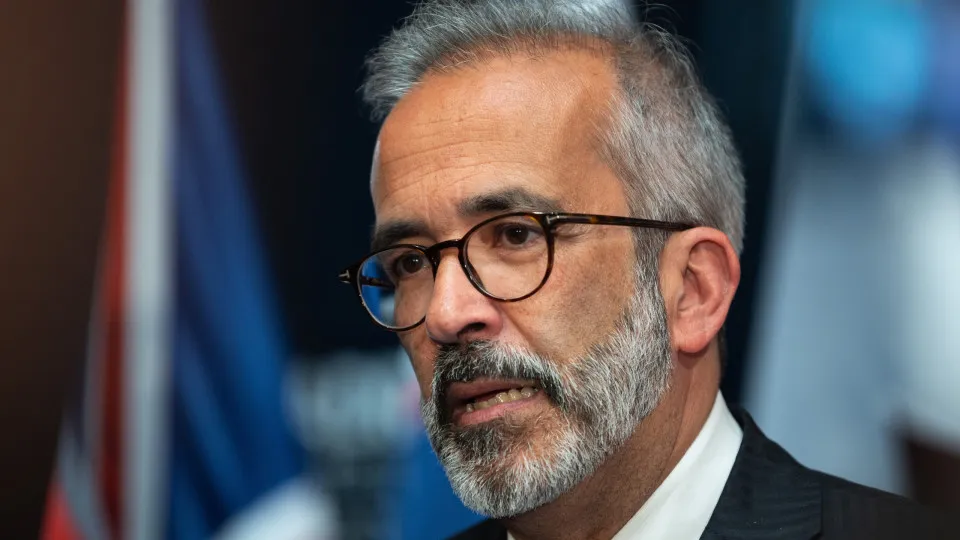
The book titled ‘Breve História do 25 de Novembro,’ authored by Filipe Garcia, a journalist from Lusa, is being released today by the publisher Ideias de Ler.
In a statement, the author explained that the book explores, “predominantly through the most significant episodes of that period, how the country reached the point that culminated in the events of November 25,” 1975.
“I have exclusive testimonies about the armed force of the Socialist Party, how the Portuguese Communist Party (PCP) reacted throughout the day, notably in the armed defense of their headquarters in Lisbon, and how Álvaro Cunhal personally held several secret meetings to prevent the country from descending into armed conflict by the end of that year,” he stated.
Filipe Garcia highlighted that the involvement of the PCP on November 25, 1975, is “one of the most debated topics over the past 50 years,” but according to his research, the party did not initiate the order for paratroopers to occupy air bases on that morning.
“The initiative to head for the bases did not originate from the PCP, but I detail in the book how and when the party mobilized its members and how swiftly the recall order was issued. On November 25, the PCP was crucial in preventing an escalation of violence,” Garcia emphasized.
When asked who actually gave the order for the paratroopers to move to the bases, the author responded that “it is relatively agreed that Otelo Saraiva de Carvalho allowed the paratroopers to move that morning.”
“The question that generates the most debate today is what the true objective of those military personnel was. Was it a coup d’état or merely a show of military force to influence the political course of the country?” he pondered.
Filipe Garcia noted that in preparing his book, he consulted academic and journalistic research, “as well as newspapers from the time, minutes from the Revolutionary Council, and reports from American intelligence services.”
“I conducted several interviews with the key figures, though unfortunately, not all could be included in full, a sign that this story remains very much alive,” he indicated.
The author expressed hope that the book will help “debunk some myths” about November 25, 1975, although he suspects the date “will continue to be a source of contention” and there will “always be more to discover.”
When queried about what role the events of November 25 should occupy in the history of the Portuguese revolutionary process, particularly if it should be compared to April 25 or rather to dates like September 28, 1974, or March 11, 1975, Filipe Garcia replied that September 28 and March 11 “are two dates that ultimately steer the direction of the country.”
“However, there are other events of at least similar significance, such as the assault on the Spanish embassy, the occupation of barracks in Porto, the siege of the Assembly of the Republic, and naturally, November 25,” he noted.
For Filipe Garcia, “all these dates are the result of a country discovering how to govern itself democratically, where various factions clashed and many sought power.”
“None of this would have been possible without April 25, the founding date of democracy in Portugal, which I find incomparable to any other,” he asserted.




